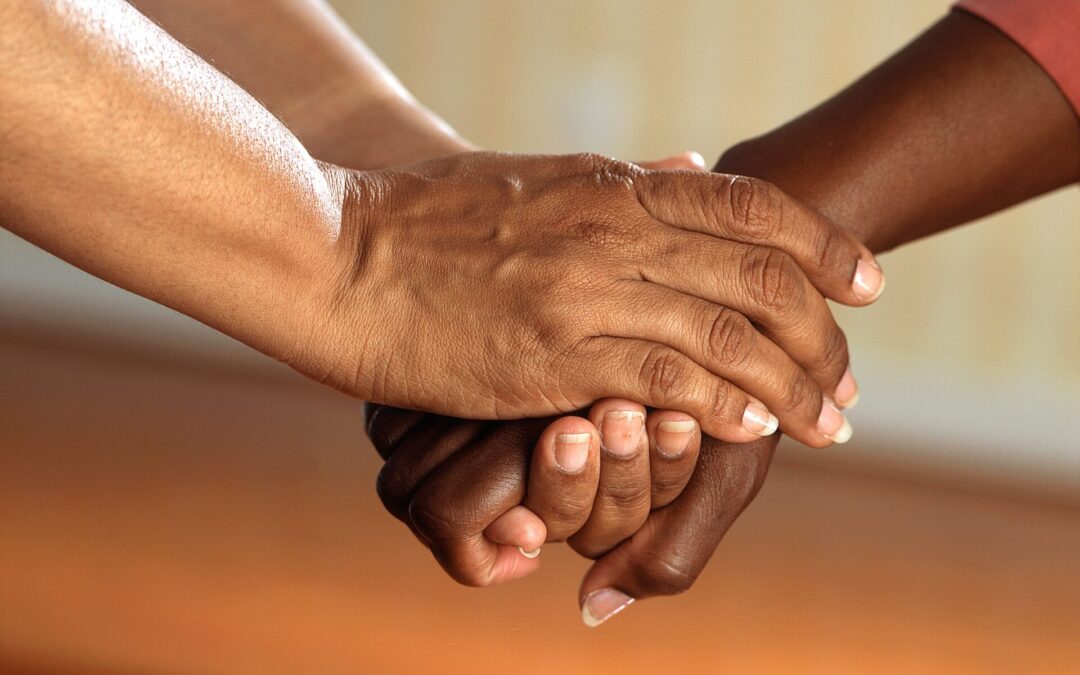As a therapist and sexual health, family health, and mental health advocate, I have a responsibility to pay close attention to and center the voices of people who do not have the privilege to benefit from equality, equity, and social justice as deserved, due to systemic racism and oppression.
Mental health conditions do not discriminate based on race, color, ethnicity, culture, sexual orientation, ability, gender identity, or age. A person’s background and identity, however, can make access to mental health treatment more difficult. In May of 2008, the month of July was recognized as Bebe Moore Campbell National Minority Mental Health Awareness Month by the United States House of Representatives. Bebe Moore Campbell was a Black, American, best-selling author, journalist, teacher, spokesperson, and co-founder of NAMI Urban Los Angeles, who worked to advocate for the mental health needs of the Black community and other underrepresented populations.
The focus of this designation was to promote awareness of mental illness, improve mental health treatment and services, and call attention to the struggles that racial, ethnic, and sexual minorities face regarding mental health in the United States. According to psychologist, professor, and Director of the Centre for Health Leadership and Research at Royal Roads University, Dr. Elizabeth Hartney, “Sexual minorities are groups of people whose sexual orientation, gender identity, or sexual characteristics are different from the presumed majority of the population, which are heterosexual, cisgender, and non-intersex individuals.”
Gender minorities include those who identify as gender fluid, non-binary, genderqueer, gender non-conforming, gender expansive, gender creative, gender diverse, transgender, and intersex.
Each year the United States population becomes increasingly more diverse. It is projected that by 2044 more than half of all Americans will belong to an ethnic group other than non-Hispanic White (US Census). I advocate for equality, equity, and social justice in healthcare and mental healthcare. To reach our full, rich human potential, the world must pivot away from focusing on cisnormative, heteronormative, and white normative ways of thinking and embrace the voices of diverse populations to change the narrative; those who are BIPOC, LGBTQIA+, and those adapting to aging and disabilities.
For more information and ways to advocate, volunteer, donate, and fundraise for BIPOC, AAPI, and LGBTQIA+ go to NAMI.org/home
